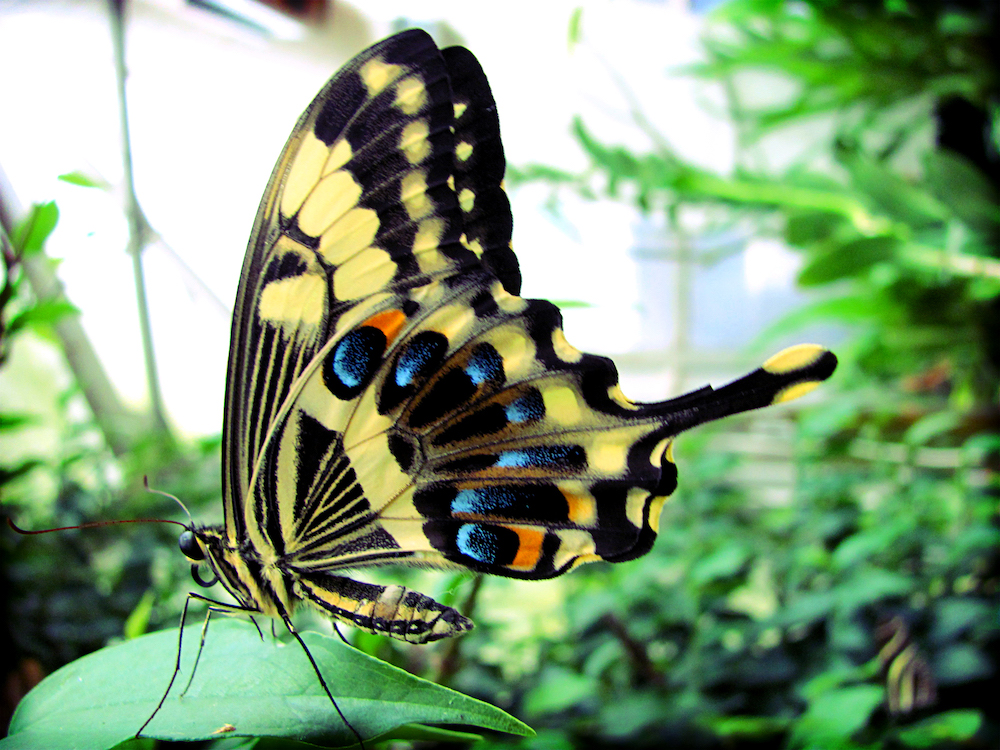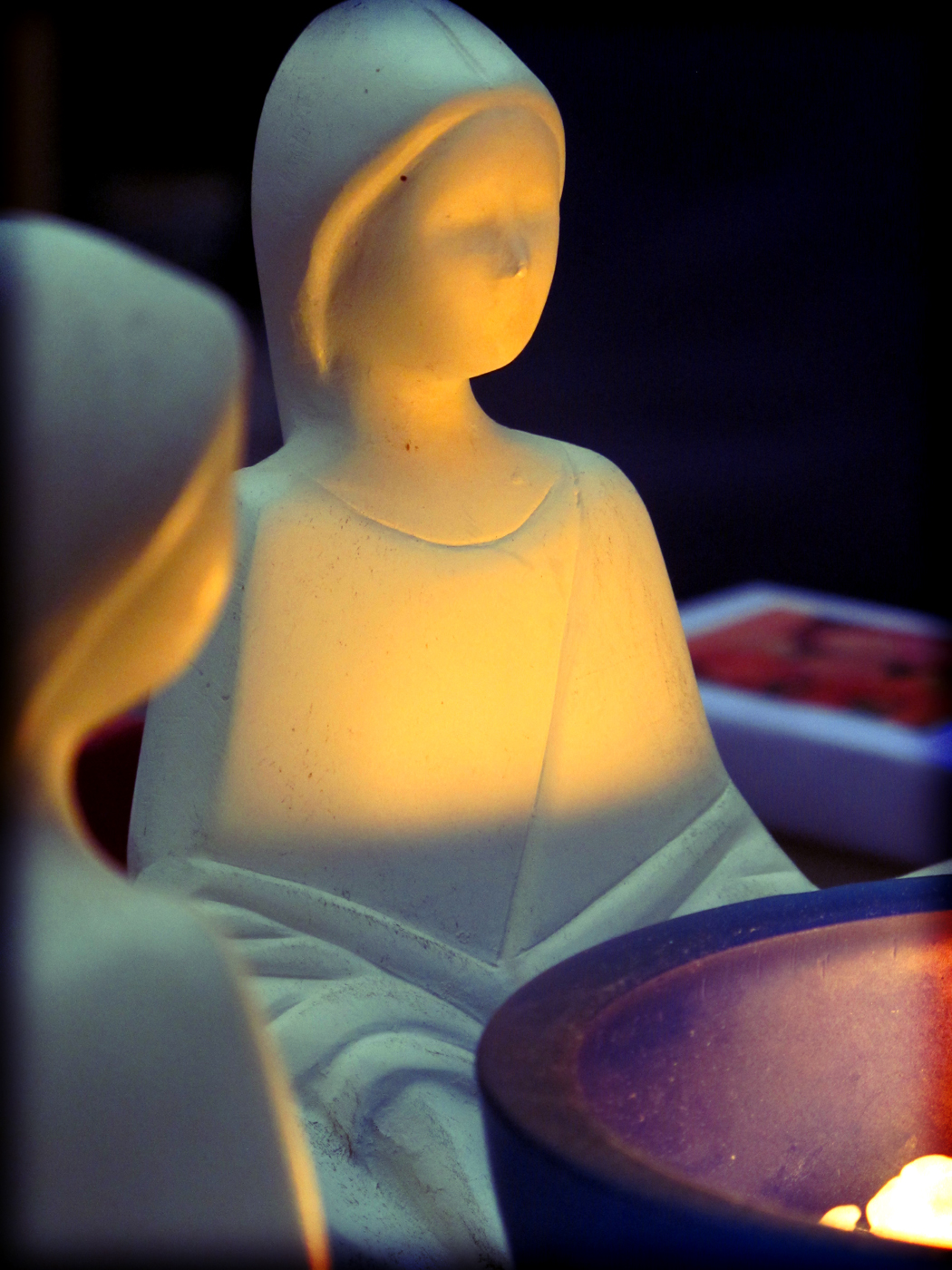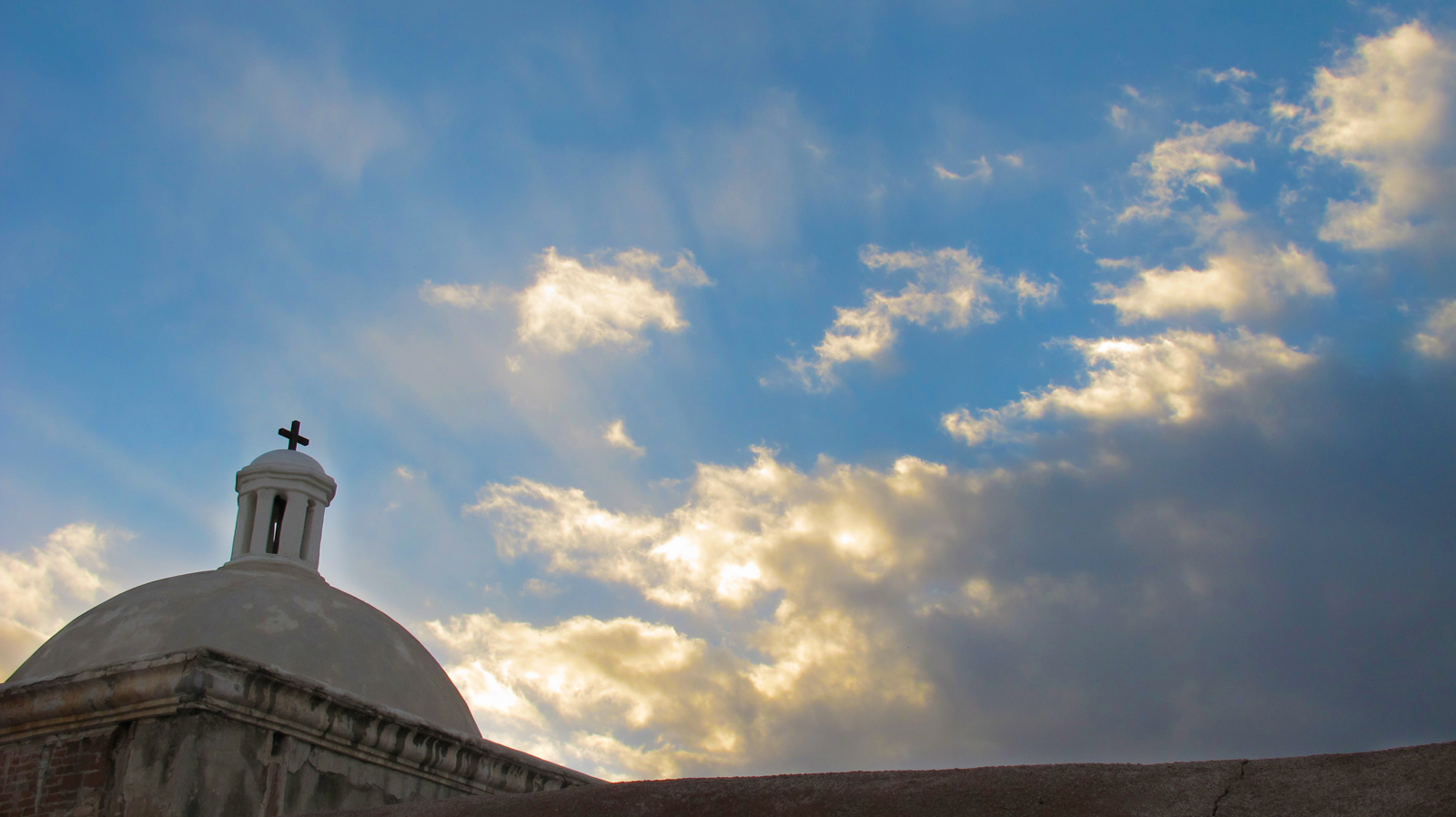
I have always valued my many coming-of-age experiences that have helped me move forward in my own evolution and unfoldment as a human being. I am grateful that I grew up in a cultural environment and home life that provided opportunities for me to continually learn about the world and discover my own potentials and limitations. Growing up on four different Native American reservations in Arizona allowed me to almost daily interact closely with the natural world of large open spaces and enjoy friendships with individuals of a different culture and color.
Early on I developed a comfort with being outdoors, exploring the wild lands around me for hours at a time in solitude. My father, being a naturalist himself and working in an occupation that taught sustainable stewardship and conservation of land and water, encouraged me to talk with him about my observations of the natural world, to ask him questions, and to read further about what I was discovering in my own experiences with nature. My father graduated from this earthly life many years ago, but I will always be grateful to him for helping me embrace the wonders of scientific exploration and discovery.
Though I loved being alone with the high and low deserts and forests, and still savor my solitude, I am also a very sociable person who enjoys associating with a variety of people of different religious and political perspectives as well as having lifestyles different than mine. I owe much of my love for socializing to my parents and the home environment they provided, which was clean, orderly, and chock full of fun, laughter, and lots of visitors—neighbors dropping in to say hello and grab a glass of iced tea and some food or friends and relatives from out of town who spent several nights or weeks with us. My mother was truly a “home maker” who made a sanctuary of our home for all who entered and stayed for a while.
Most of my coming-of-age experiences during my first twelve years of life felt comfortable and really nice, for I was discovering how wonderful and awesome the world and being alive in it is. I learned to be “at home” with me—in solitude as well as with other people, and I was very much at home with the outdoors. In those early years I acquired many life skills and developed many mental and social habits that have enabled me to know how to enjoy my moments, learn continually, and love fully. Sure I had minor conflicts with my sister and some of my friends, but I was able to quickly work through those misunderstandings and reconcile without too much effort or heartbreak. My feelings of inadequacy and feeling dumb when I was in the first and second grades because I just didn’t seem to “get” the art of reading were softened by the quality of the rest of my life, and in the third grade I experienced a “suddenly” episode where my mind just suddenly clicked into understanding how all of the reading-readiness activities worked, and I began to read almost instantly . . . well, not quite. Later that year I was reading at least a couple of books a week and have not stopped, though my books today are bigger and more complex.
At around 12 years of age, I begin to experience mood swings and a sense of not being completely satisfied with my life, as if things in the world were not as wonderful as I liked to think. Of course, I was aware of extreme material poverty, for most of my Native American friends lived in poverty, but we were children, and in our innocence and freedom to roam the beautiful land, none of us really were bothered by the poverty all around us. Also, we were unaware of racial prejudice, for none of us were personally experiencing it among each other, though we were very aware that I was “white” and they were “Indian.” In the mid 1950s and 60s we lived in the cocoon of the reservation located in a desolate area far from any large city, with no television yet in our homes to let in the outside world of troubled people and societies. But at 12 years of age I began reading more grown-up books that did bring in the troubles of the outside world.
(Interestingly, reservation life for most of the indigenous is a reflection of what all disenfranchised and marginalized people of the world experience as a result of centuries of imposed colonialism that developed into today’s global greed-motivated capitalism, which continues to disregard people’s well-being and degrade the earth. But I did not see that fully until I had graduated from college and came back to live and teach on a reservation I considered “home” at the time.)
“Our present society does not reflect the harmonious interrelatedness we observe in nature. To achieve such a state of dynamic balance, a radically different social and economic structure will be needed: a cultural revolution in the true sense of the word. The survival of our whole civilization may depend on whether we can bring about such a change.”
(from The Tao of Physics by Fritjof Capra)
One of my first extremely painful coming-of-age experiences began during puberty when I read Leon Uris’ then-popular novel, Exodus. My heart felt shattered with grief when I first realized the degree and depth of cruel hatred that human beings could reach as I discovered the existence of the terrible Nazi regime and the genocidal holocaust and ensuing diaspora of the Jewish people. My parents assured me that this indeed was part of our very recent history, and I could not refrain from researching this awful era that happened several years before I was born. Part of my research was a discussion with my seventh-grade math teacher who had served in the Air Force during World War II where he was engaged in the battles of the Pacific. He was very honest in his recital of the horrors of that war and the psychological damage he had as a result of what he witnessed. It was from him that I first heard of the atomic bomb and what it had done in the Japanese cities of Hiroshima and Nagasaki. His graphic descriptions of this bomb have stayed with me all these years, and this experience motivated me to continue expanding my awareness of scientific discovery gone awry due to motives that are based on greed and power-lust.
 Photo by Global Change Media
Photo by Global Change Media
Along with my chilling awareness of what nuclear energy misused can do in warheads and missiles as well as in power plants that provide electricity (consider Chernobyl and Fukushima), is my awareness of the misuse of synthetic and natural chemicals that is evident in the horrifying weapons of biological and chemical warfare, as well as in the toxicity of most of the earth’s water and air, and much of its soil. Today we see the complete manifestation of the predictions given in a book I read in my late teens, Rachel Carson’s Silent Spring, which was first published in 1962.
From 12 to 14 years of age, I researched worldwide and national events that were triggered by ignorance, fear, hatred, racial prejudice, lust for power, and greed, thus becoming more aware of the baser, evil parts of human existence and how masses of people and governments participated in this lower nature of humanity. You might say I created an extended two-year coming-of-age experience in discovering the existence of evil. And I have not stopped expanding in my awareness of the atrocities that occur when humans are outside of divine pattern, thinking and acting outside of the spiritual and cosmic laws that have a foundation based on love, order, and true justice.
What is human experience? It is simply any interplay between an active and questioning self and any other active and external reality. The mass of experience is determined by depth of concept plus totality of recognition of the reality of the external. The motion of experience equals the force of expectant imagination plus the keenness of the sensory discovery of the external qualities of contacted reality. The fact of experience is found in self-consciousness plus other-existences — other-thingness, other-mindness, and other-spiritness.
The URANTIA BOOK,
Paper 102; Section 4; Paragraph 2
At 12, I could have stopped reading Exodus when I realized how uncomfortable I was getting in discovering certain truths about humanity, but my inquisitive mind, caring heart, and deep desire to discover truth no matter where it would take me were a stronger drive than my wish to remain comfortable in the way things had been. Before I was even a teenager, I had jumped into beginning adulthood within my developing understanding of the nature of good and evil, and both of my parents allowed, even encouraged, this leap in consciousness. They understood my need to seek truth and were ever ready to discuss with me anything that I wanted to talk about.
In their wise love, my parents allowed me to become aware of a world of complex social, political, and spiritual issues, and they did not try to protect me from the experience of being uncomfortable and puzzled, and at times heartbroken and mentally tortured in my search for higher understanding. Though they themselves were not as driven as I was in seeking answers to the reasons for such evil or solutions to the myriad problems in our world, they allowed and supported me in my quest. Though they did not understand at times my drive or some of my perceptions, they loved me and provided a place where I could search and delve and discover. And, as religious people who lived daily their spiritual ideals, they provided sanctuary for my own spiritual renewal.
Needless to say, I have had, and continue to have, many coming-of-age experiences in my life that catapult me forward in my own spiritual ascension and understanding of the world we live in. My childhood upbringing and youthful coming-of-age experiences laid a foundation for me to be more open to continued growth and change—change of mind, change of heart, and change of lifestyles (yes, lifestyles because I have changed my lifestyle more than once).
My most recent lifestyle change was to move from a region that I loved—with its clear spring-fed creek surrounded by the colorful high desert near the Mogollon Rim (in northern Arizona) and the clean air of a mountain altitude and minimal industry—to a region I was not familiar with (in southern Arizona)—near a dwindling “river” of treated effluent in a dryer, low-desert, troubled borderlands area with air high in toxic particulates due to more than 120 American-owned industries in Nogales, Sonora (some 20 miles south) that are not under any regulation of environmental protection of clean air and water laws.
 Photo by Global Change Media
Photo by Global Change Media
I moved from an area that has mostly wealthy people and lots of gated communities to a county that is considered one of the poorest in Arizona and to property that has a railroad running through it with whistling trains barreling through three times a day, carrying materials to and from those large corporate-owned factories, which operate strictly on the profit-motive with very little consideration for the people, cultures, and natural environments their factories’ presence negatively affect (regardless of the jobs that are provided).
But I love this change. I love living in the midst of people struggling with poverty and racial prejudice. I love living in the middle of a drought-ridden desert that has a multitude of environmental issues. I love living near the border with all of the political and human-rights controversies. I love being reminded of corporate greed and social irresponsibility when I hear the whistle of an approaching train. I love living in an area that has an “edge” to it, where it is challenging to become too comfortable in my personal peace of mind and happiness, for I am blessed with a fulfilling, purposeful, and joyful life.
I am truly grateful for my own coming-of-age experiences that have been personal change points for me, which have led me to progressively become more strongly committed, outspoken, and radical in my activism. I am realizing more everyday what it is to “be in the world but not of it.” At the same time, I have also become more humble, compassionate, and gentle as I have become more spiritualized in my mind and tempered in my passions.
People need to allow coming-of-age experiences because our survival and our children’s survival and the earth’s survival depend upon it. It is crucial that individuals, no matter what their chronological age, be willing to experience the pain and discomfort of becoming aware of the actual state of our natural, social, religious, and political systems, for they are all unraveling. The dire dilemma that the world is in now is partially due to too many people being “asleep at the wheel” and stuck sitting on their “couches of apathy,” or unwittingly collaborating with the small percentage of oligarchs who control the social, economic, and governmental institutions of this world.
In order for a new paradigm to be created for a healthier world, we individuals need to become psychospiritually and physically healthier world citizens by awakening to the laws of spiritual morality and Ascension Science within the pattern of God—the First Creative Source and Divine Center, the Universal Creator. It is within those universal laws that we world citizens can evolve a world that is based on the brotherhood/sisterhood for all persons and is sustainable for the biota of all ecosystems and regions.
As Van of Urantia points out in his article in this issue of the Alternative Voice, in order for a new, healthier paradigm to be created, more individuals need to become aware of the evil (error, sin, or even iniquity) in themselves and in the world that has contributed to the current global crisis. And then people need to become part of the Spiritualutionsm movement that sees a better future for all of us and our descendants by creating cultures based on divine administration principles that are in alignment with God’s laws of love and real justice.
The authors of the other articles in this issue share their own personal “coming of age” stories. Three people left wealthy lifestyles, and all left some semblance of comfort in their jobs and relationships with family and friends. Two have doctorates—in psychology and education—and four have Bachelor’s degrees. All consider themselves change agents and in the Spiritualution movement that hopefully will eventually embrace the majority of planetary citizens, resulting in “a transformation of unprecedented dimensions, a turning point for the planet as a whole.”[1]
I encourage you to embrace your own coming of age in these times of transition and purification. You will be blessed.
[1] The Turning Point. Science, Society, and the Rising Culture by Fritjof Capra.